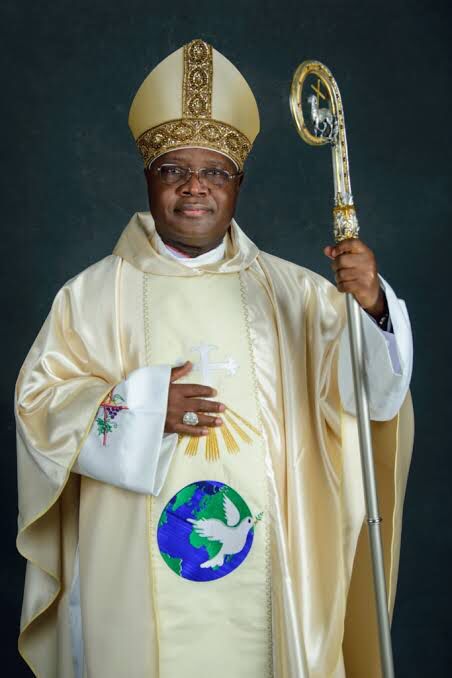Two wars shake the balance of Europe in Gaza and Ukraine, and many others are worsening out of the spotlight. The resolution of these conflicts is probably in the hands of the next generation, the one we do not yet know. According to the UN, when women lead peace processes, negotiations succeed more often. Miriam Vilaplana (Sabadell, 1995) begins his master’s degree in International Relations at New York University in August, Maria Uceda (Madrid, 2000) is already studying a master’s degree in European Affairs at Sciences Po in Paris, and Anna Prats (Barcelona, 2002) is in China in his first year of the double master’s degree in International Affairs offered between Peking University and the London School of Economics. The three do so with the excellence scholarship from the “la Caixa” Foundation for postgraduate studies abroad, and they speak with El Periódico de Catalunya, from the same editorial group of this newspaper, the same day they receive the scholarship from the king Philip VI.
What is missing from Spanish diplomacy
“Spain needs a State foreign policy“says María Uceda, after much discussion about how she herself continues her training and continues to refine her own vision of the world. France either Germany they have some agreed geopolitical priorities, while our country takes a turn with each change of government. “The opposition frontally rejects all the decisions made by the Government,” he explains, and gives as an example the Sahara either Palestine. “And I think this is also one of the main limits of our lack of leadership in Europe,” she adds to the agreement of the other two scholarship recipients.
Just landed Beijing, Anna Prats, recognizes this lack of consensus. “The EU has the opportunity to have its own voice with China, mediate and also put their own red lines,” he says, alluding to Europe emancipating itself from the antagonism that the United States maintains with the Asian giant. “We need more diplomacy with China to understand it better” in this post-Trump erain the absence of knowing if the former president will be re-elected.
For her part, Miriam Vilaplana, a social worker specialized in international development, calls for “more humane and more local programs”. His experience ranges from the emergency response during covid-19 in his native Sabadell, to child exploitation in the Peruvian Amazon and the refugee camps of the Middle East. “Nobody thinks about period poverty in a refugee camp where more than half of the people bleed once a month,” emphasizes Vilaplana, who attributes this to the gender imbalance between a majority of women working in the field (around 70%) versus management positions dominated by On the other hand, the exceptions are success stories. United Nations High Commissioner for Refugees (UNHCR) where refugee women self-managed the day-to-day life of the refugee camp simply with the tools and support of the aid workers.
feminine presence
María Uceda remembers that in the United Nations Charter, the founding document of the UN, of the 160 signatories, only four were women. The starting position after the great wars was not flattering and although she supports that the entry of women is contributing innovative ways of doing things, Uceda warns against “the stereotype of ‘women are good, women are pretty, women help'” and argues that its exclusion was purely and simply discriminatory and that it must end without the need to justify the added value of feminine qualities.
Barriers to access to diplomacy
However, young women warn of the barriers to obtaining the title of “diplomatic”, a profession in which profiles that come from families with high incomes proliferate. The syllabus of the diplomatic competitions includes more than 200 topics that the candidate must know how to recite by heart, so applicants study, on average, about four years of exclusive dedication.
“They are gaps in economic access” that affect diversity and perpetuate biases in positions of power, argues Prats. Her colleagues agree. “I think the people who do it are very brave, but they are also privileged,” adds Ucedo, who has chosen make a career in the European institutions, with “more up-to-date and transparent” selection processes. And all three reiterate that this is why scholarships like the La Caixa postgraduate one are so important. “It is a unique opportunity. I would never have been able to access these studies if they had not opted for me,” concludes Vilaplana.

